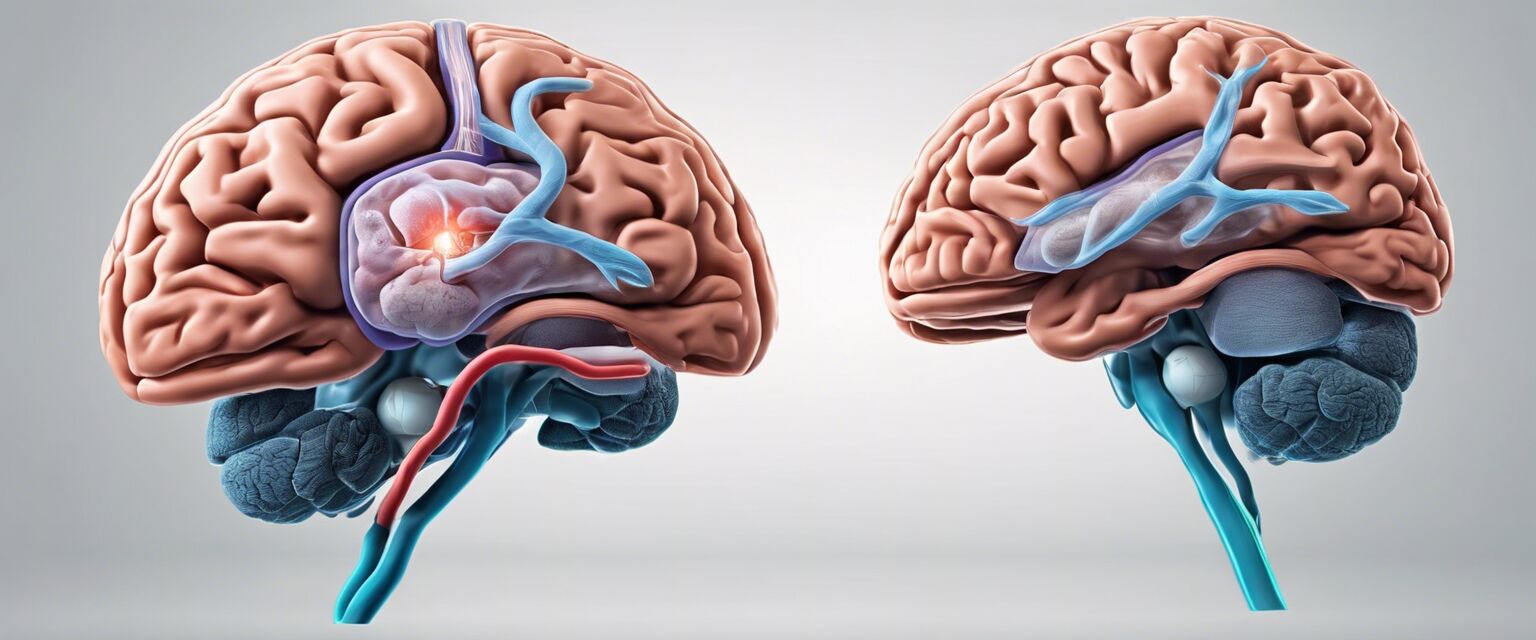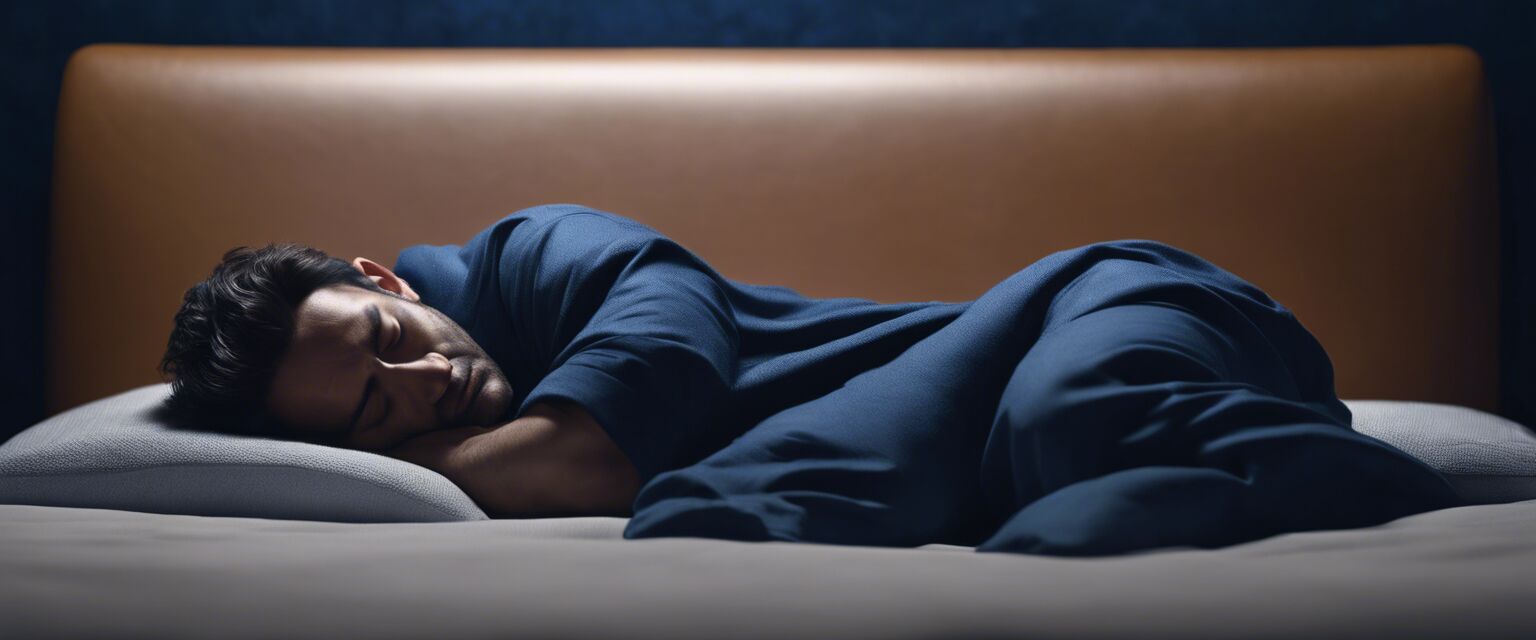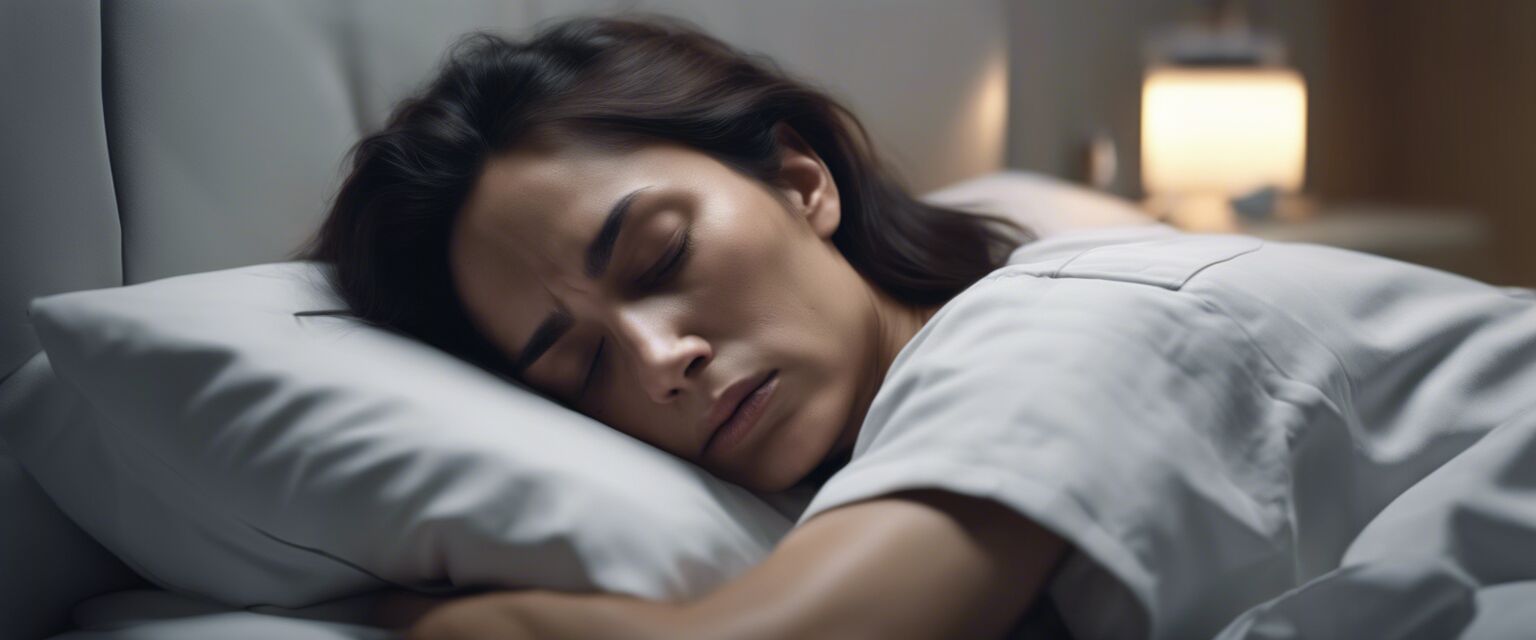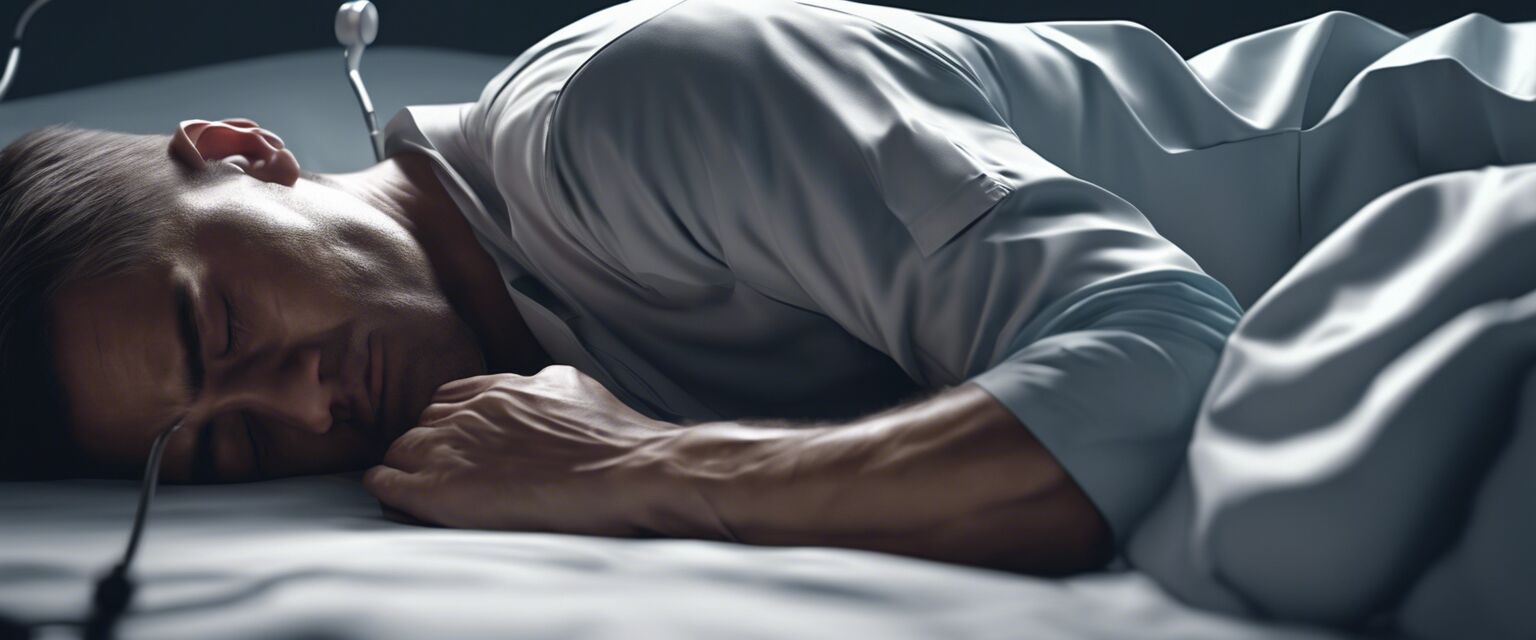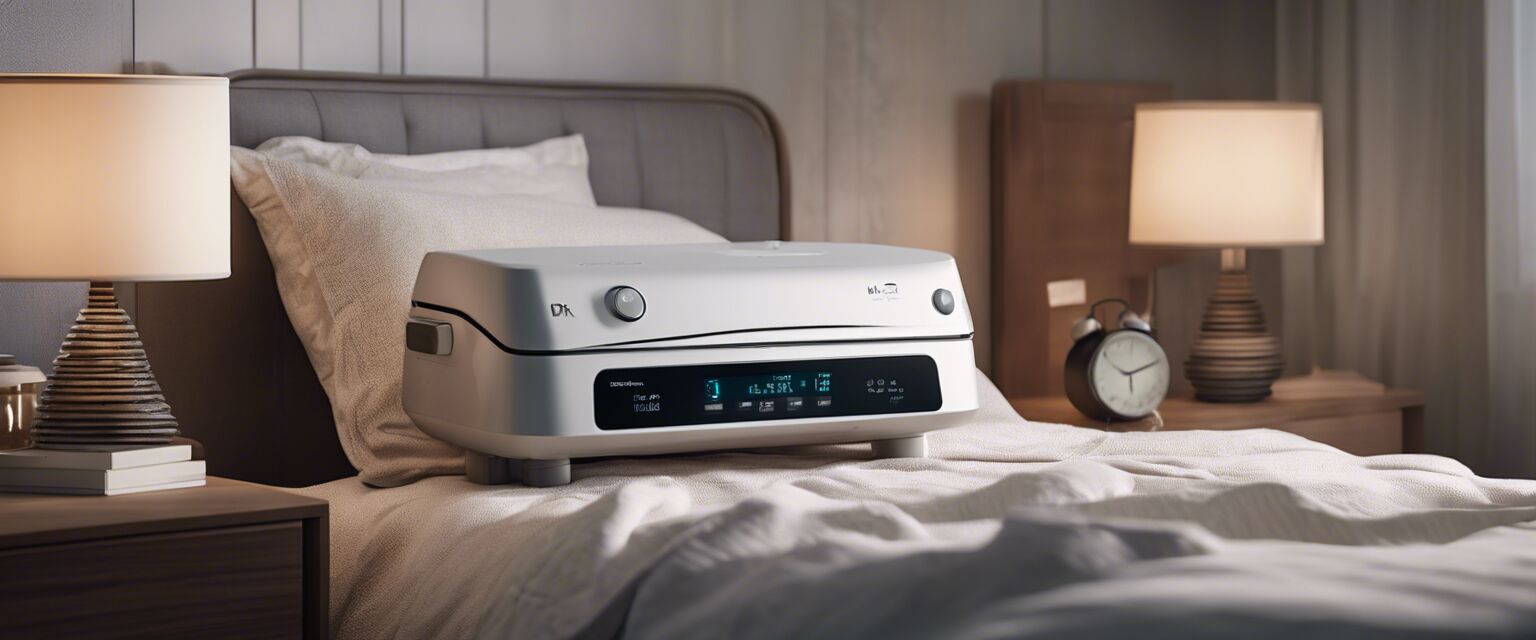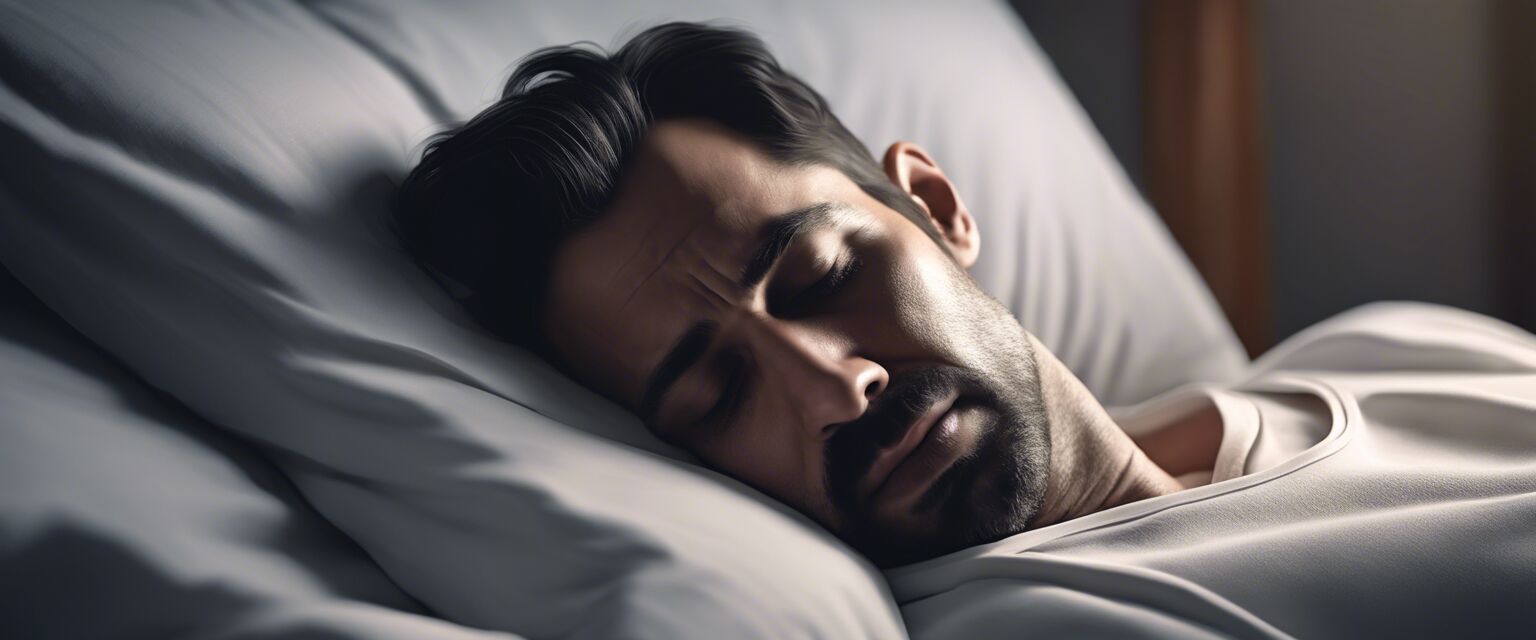
CPAP Therapy: A Comprehensive Guide to Better Sleep
Are you tired of waking up feeling exhausted and groggy? Do you struggle with snoring and breathing difficulties during sleep? You may be suffering from sleep apnea, a common sleep disorder that can have serious consequences on your overall health. The good news is that Continuous Positive Airway Pressure (CPAP) therapy can be an effective solution to help you breathe easier and sleep better.
Key Takeaways:
- CPAP therapy is a non-invasive treatment for sleep apnea
- It involves wearing a mask that delivers constant air pressure to keep your airways open
- CPAP therapy can help reduce snoring, improve sleep quality, and increase energy levels
What is CPAP Therapy?
CPAP therapy is a type of sleep therapy that uses a machine to deliver a constant flow of air pressure to keep your airways open while you sleep. The machine is connected to a mask that you wear over your nose and/or mouth, which provides a gentle pressure to help you breathe more easily.
| Benefits | How it Works |
|---|---|
| Reduces snoring | Constant air pressure keeps airways open, reducing vibrations that cause snoring |
| Improves sleep quality | Increased oxygen flow and reduced breathing difficulties lead to better sleep quality |
| Increases energy levels | Better sleep quality and reduced fatigue lead to increased energy levels |
How to Use CPAP Therapy
To get the most out of CPAP therapy, it's essential to use it correctly. Here are some tips to help you get started:
Beginners Section
- Choose a comfortable mask that fits snugly over your nose and/or mouth
- Adjust the machine to the recommended pressure setting
- Use the machine every night, even if you don't feel like you need it
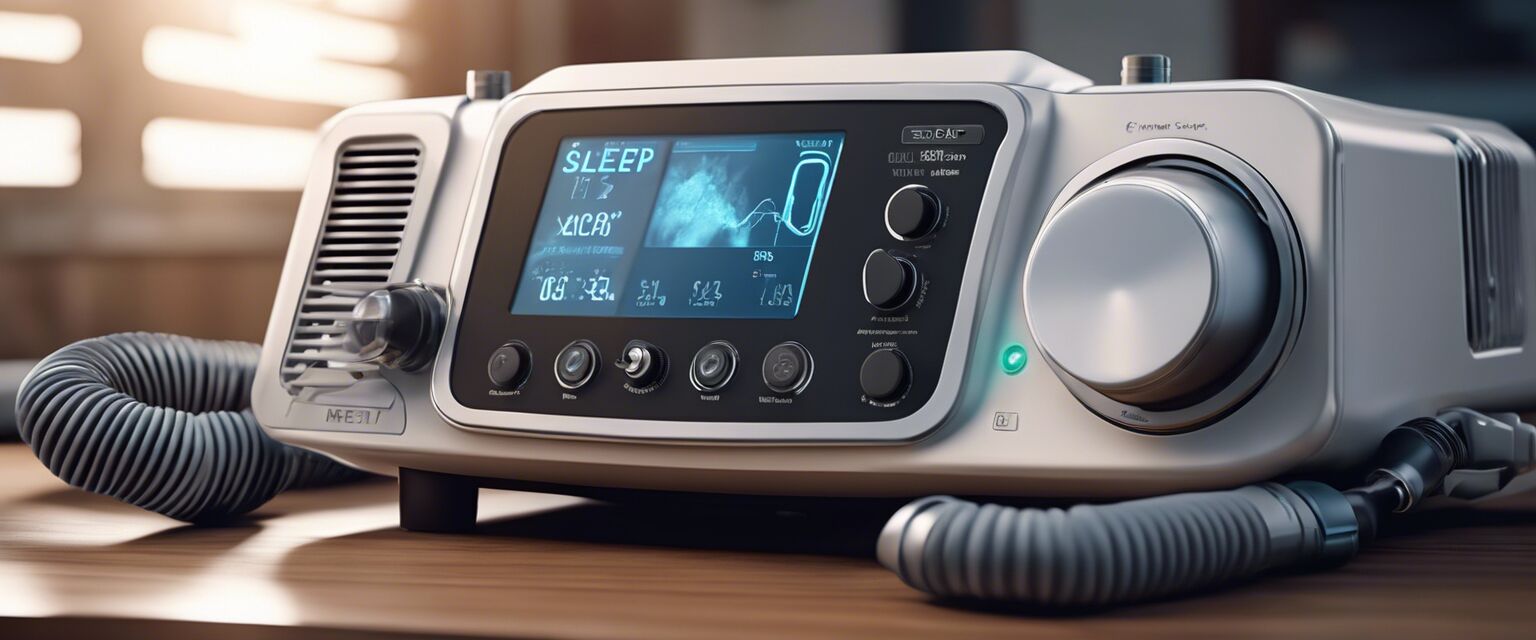
Types of CPAP Machines
There are several types of CPAP machines available, each with its own unique features and benefits. Here are some of the most common types:
| Type | Features |
|---|---|
| Fixed Pressure CPAP | Delivers a constant pressure throughout the night |
| Auto-CPAP | Adjusts pressure automatically based on your breathing needs |
| Bilevel CPAP | Delivers two different pressure levels for inhalation and exhalation |
CPAP Masks and Accessories
In addition to the CPAP machine, you'll need a mask and other accessories to ensure a comfortable and effective treatment. Here are some options:
- CPAP masks in various styles and sizes
- Humidifiers to reduce dryness and congestion
- Nasal strips and aids to help with nasal congestion
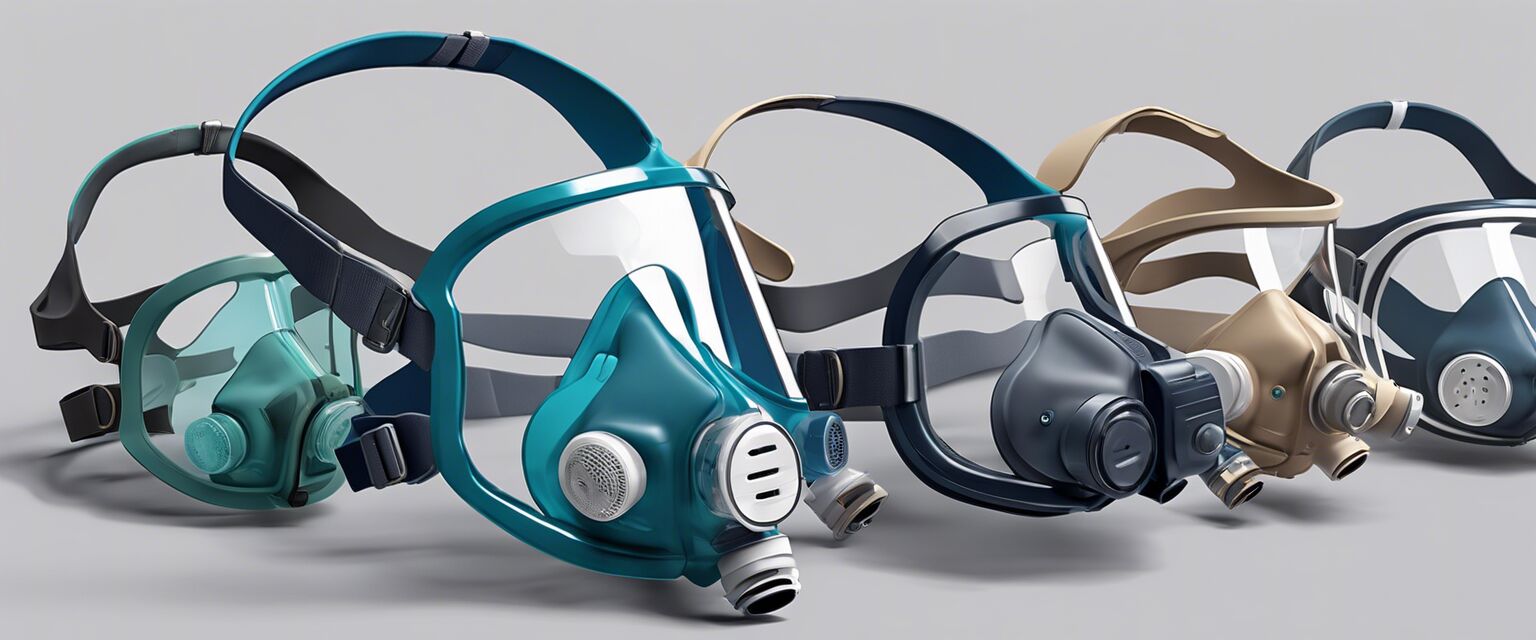
Pros and Cons of CPAP Therapy
Pros
- Effective treatment for sleep apnea
- Non-invasive and pain-free
- Improves sleep quality and energy levels
Cons
- May take some time to get used to wearing a mask
- Machine can be noisy and bulky
- Requires regular cleaning and maintenance

Conclusion
CPAP therapy can be a game-changer for those struggling with sleep apnea. By understanding how it works, choosing the right machine and accessories, and using it correctly, you can start sleeping better and waking up feeling refreshed and energized. Remember to consult with a healthcare professional to determine if CPAP therapy is right for you.
Ready to take the first step towards better sleep? Explore our range of CPAP machines and sleep monitors to find the perfect solution for your needs.
